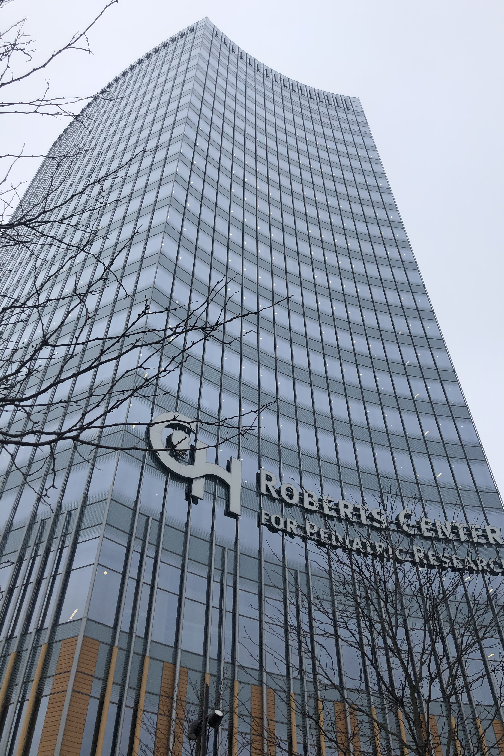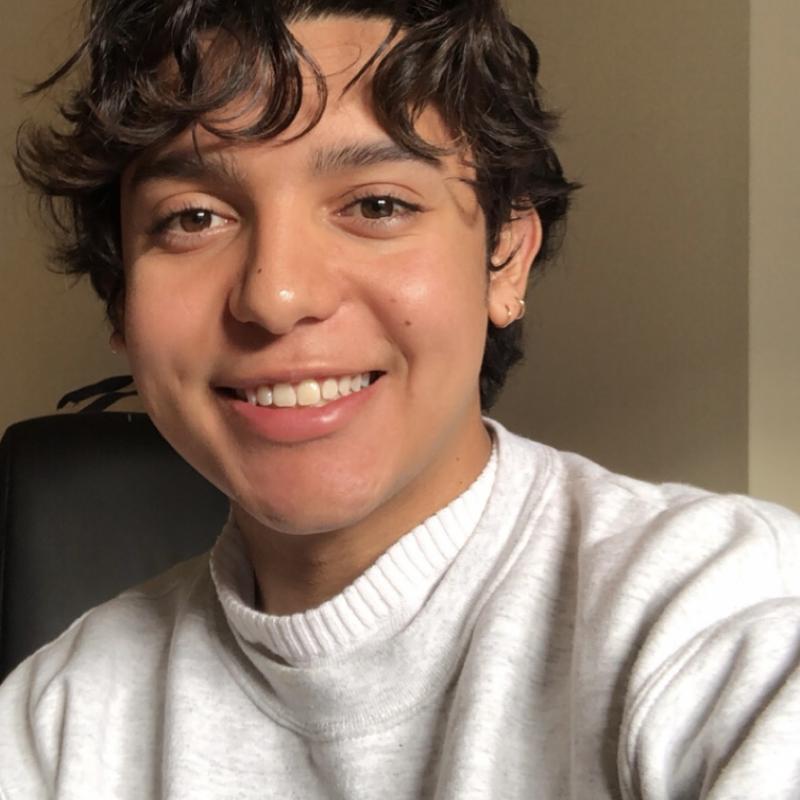In March of 2020, educational institutions across the United States closed their campuses for Spring Break. Many would not reopen for months—many still remain closed. As the end of my freshman year of college drew near, I felt a gut instinct that we would not be returning to campus the following semester. Intuition in hand, I applied to serve with the National Health Corps, eager to do something at a time when many felt stuck.

Licensed Practical Nurse, Community
Health Worker, and Nurse Practitioner
prepared for community flu vaccination
clinics at Deep Roots Charter School.
To my elation, I was accepted to the 2020-2021 NHC Philadelphia cohort! I looked forward to a challenging year full of growth and service during a critical moment for history and public health alike. But though this year has lived up to these expectations, it has challenged me in many ways.
In my service at Education Plus Health, flexibility is the norm. Like any budding non-profit, the landscape of my work is always shifting, and COVID-19 has only furthered this reality. Whether it be adapting to asthma education over Zoom; intensive case management over the phone with families I have never met in person; or coordinating flu vaccine clinics to mitigate the effects of two concurrent pandemics, I’m learning to embrace each new obstacle as an opportunity for growth.

Philadelphia Roberts
Center for Pediatric Research, where I received
training to administer
COVID-19 rapid tests.
But growth is anything but graceful. There have been many frustrations throughout my service term with NHC. The communities I serve have historically and systematically been left to the wayside by our society, and the impact of this disenfranchisement manifests itself in the health challenges of the families and children whom I serve. Established systems meant to address these disparities are rife with inefficiencies, leaving families frustrated at the many hoops to jump through in order to access basic rights like food and healthcare. Sometimes, such as in the case of the affordable housing crisis in Philadelphia, such systems don’t even exist.
At a time when the need for community support is greater than ever, moreover, COVID-19 has forced us to social distance and migrate to a virtual world. As a community health worker in schools, I miss the sounds of kids laughing in the halls, the school walls haunted by their absence. The intangibility of remote service means that, some days, it’s hard to keep my passion alive.

Market-Frankford Line that
I ride to service in the
Kensington area.
But among these struggles, there is still light to be found. When faced with rising inequities and broken systems, I have learned to cherish any victories for the families I serve. Whether that victory is connecting families to free new beds for their kids or interpreting a health insurance application for a family who speaks limited English— I cultivate hope and hold to it fast.
As humans, we are ultimately creatures of habit; yet, COVID-19 has rippled change across every facet of life. We grieve not only the loss of 500,000 loved ones, but we mourn the very way of life we once knew. We are often told that resilience means pressing forward in these situations with cold stoicism. But as I grapple with this ‘new normal,’ I believe resilience is finding beauty in that (sometimes) getting back up is just as ugly as when we fall.

the 2020 Presidential Election
outside of Vaux Big Picture High
School.

